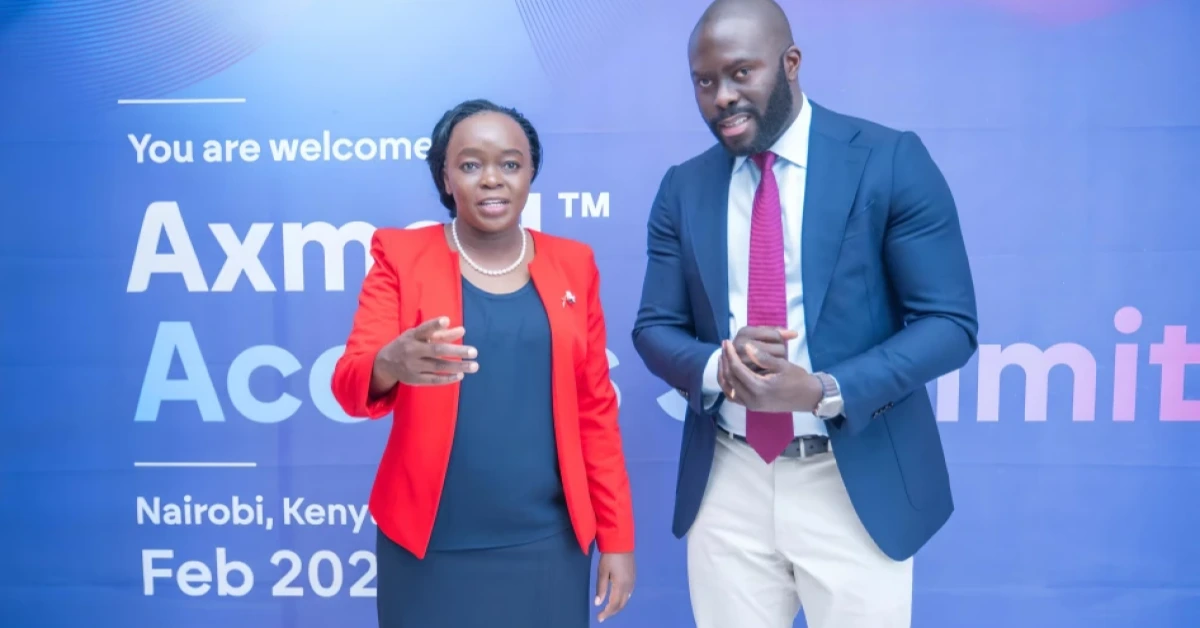
KENYA – Axmed, a health-tech social impact company, has introduced the Axmed Medicines Platform and launched the first-ever Axmed Access Summit in Nairobi.
Under the theme “Unlocking Access, Transforming Lives,” the summit brings together global healthcare leaders to find solutions to long-standing challenges in medicine accessibility, particularly in low- and middle-income countries (LMICs).
The Axmed Medicines Platform is designed to address inefficiencies in healthcare procurement, which often result in limited access to essential medicines in LMICs.
These regions face a high disease burden and significant barriers to quality healthcare. “These regions face extraordinary challenges but also present immense opportunities for healthcare transformation,” said Emmanuel Akpakwu, CEO of Axmed.
“Our platform consolidates fragmented systems, empowering buyers with efficiency, high quality, and affordability, while enabling suppliers to scale sustainably in untapped markets.”
The platform is open to hospitals, healthcare providers, governments, and other qualified buyers, allowing them to strengthen their purchasing power while streamlining procurement processes for suppliers.
With over 60 organizations already collaborating with Axmed—including pharmaceutical manufacturers, governments, and logistics companies—the initiative aims to ensure a more reliable and cost-effective medicine distribution system.
Focus on maternal and child health
One of Axmed’s top priorities is maternal, newborn, and child health (MNCH). With funding from the Gates Foundation and venture firm Founderful, the company is working to reduce mortality rates in Kenya, Ethiopia, Tanzania, Rwanda, and Nigeria.
Kenya’s Cabinet Secretary for Health, Dr. Deborah Barasa, underscored the importance of addressing maternal and newborn deaths: “Maternal and newborn deaths represent some of the most profound challenges for families and for our nation as a whole.”
She also emphasized the role of innovation in improving healthcare delivery: “Prioritizing innovation across the healthcare value chain is critical to delivering medicines and care at scale, and it remains a key focus for our government.”
With Founderful’s investment, Axmed will expand its work beyond MNCH, strengthening healthcare systems across various therapeutic areas and underserved regions.
A collaborative approach to healthcare challenges
The Axmed Access Summit serves as a platform for collaboration, bringing together policymakers, industry leaders, and healthcare providers to develop strategies for bridging healthcare gaps.
The event emphasizes partnerships and shared accountability as essential factors in transforming healthcare access.
“No technology can solve these challenges in isolation,” said Akpakwu. “True transformation depends on partnerships and shared accountability. The summit fosters collaboration and charts a clear path for collective impact.”
A new model for procurement and distribution
Axmed’s model aligns the interests of buyers, suppliers, logistics providers, and enablers to create a more efficient and transparent healthcare procurement system:
XRP HEALTHCARE L.L.C | License Number: 2312867.01 | Dubai | © Copyright 2025 | All Rights Reserved